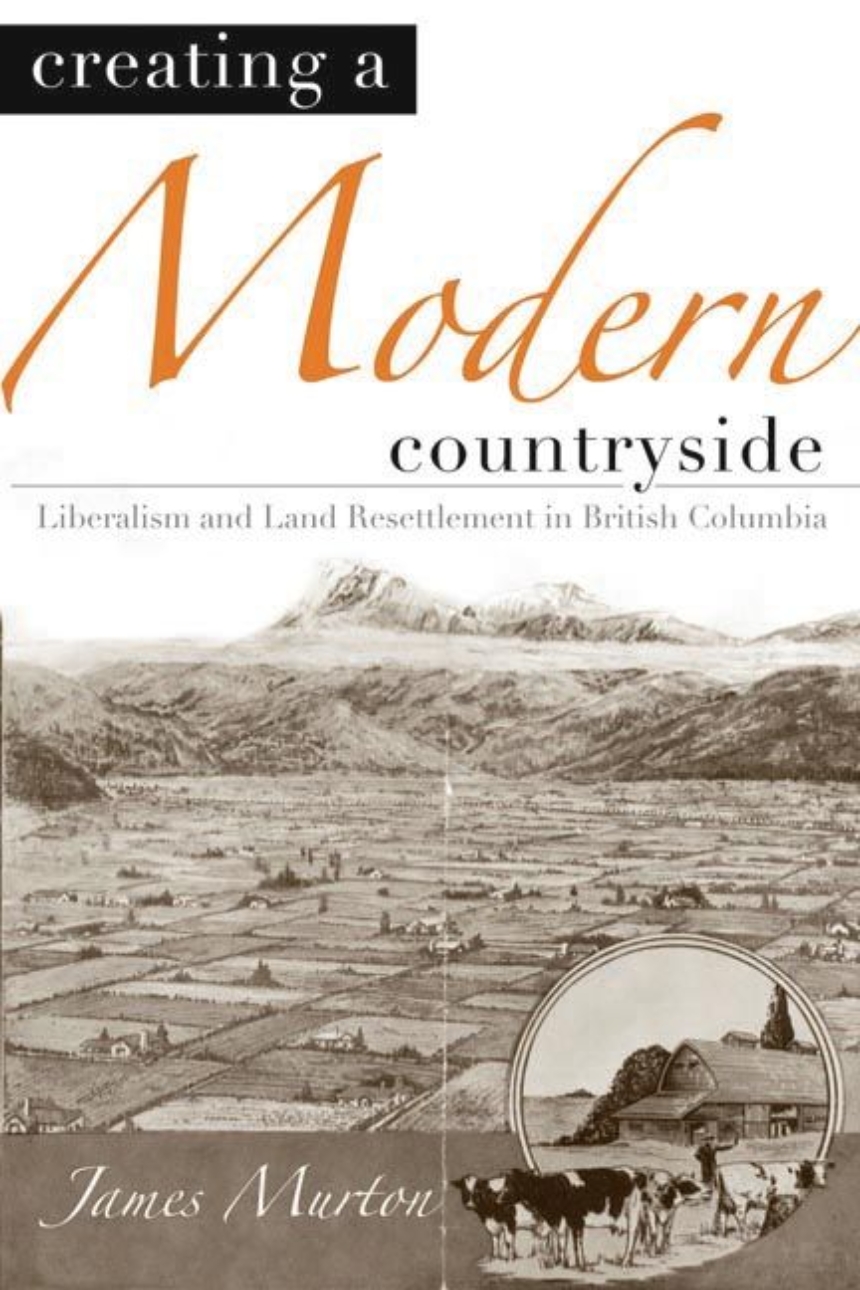University of British Columbia Press
Creating a Modern Countryside
Liberalism and Land Resettlement in British Columbia
Distributed for University of British Columbia Press
Creating a Modern Countryside
Liberalism and Land Resettlement in British Columbia
In the early 1900s, British Columbia embarked on a brief but intense effort to manufacture a modern countryside. The government wished to reward Great War veterans with new lives: settlers would benefit from living in a rural community, considered a more healthy and moral alternative to urban life. But the fundamental reason for the land resettlement project was the rise of progressive or “new liberal” thinking, as reformers advocated an expanded role for the state in guaranteeing the prosperity and economic security of its citizens. James Murton examines how this process unfolded, and demonstrates how the human-environment relationship of the early twentieth century shaped the province as it is today.
Table of Contents
List of Illustrations
Foreword: Soldiers’ Fields / Graeme Wynn
Acknowledgments
A Note on Terminology and Units of Measure
Introduction
Part 1: A Modern Countryside
1 Liberalism and the Land
2 Soldiers, Science, and an Alternative Modernity
Part 2: Where Apples Grow Best
3 Stump Farms: Soldier Settlement at Merville
4 Creating Order at Sumas
5 Achieving the Modern Countryside
Part 3: Back to Work
6 Pattullo’s New Deal
Conclusion
Appendix
Notes
Bibliography
Index

